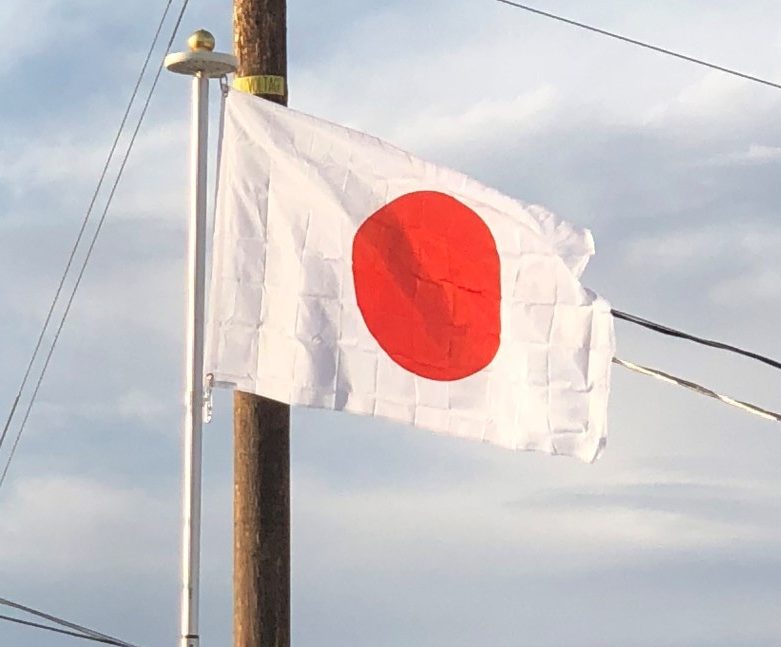I trust that most everyone reading this will have heard of Japan and may even have some ideas, however incorrect and flawed, about its history and culture. This post also marks the end of something of an era in that this is the last post that relates to any of the countries listed in one of the earliest numbers of Book of Mormon on Broadway.
The history and culture of Japan are so complex that it would simply be impossible for me to do the topics justice in a blog post, so I will focus on the very top level highlights and leave further research to those who are deeply interested in the details.
Japan is formally known, in the Japanese language, as the “State of Japan.” Japan is located in the Pacific Ocean, off the northeastern coast of the Asian mainland. Japan in a long country that stretches from the Sea of Okhotsk in the north to the East China Sea and China in the southwest.
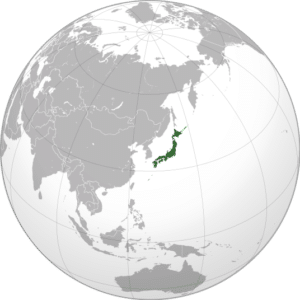
Japan is an archipelago consisting of about 6,852 islands that are volcanic in origin. The four largest are Honshu, Hokkaido, Kyushu, and Shikoku, which make up about ninety-seven percent of Japan’s land area and often are referred to as home islands. The population of 127 million is the world’s tenth largest. Japanese people make up 98.5% of Japan’s total population. About 9.1 million people live in Tokyo, the capital of Japan.
Archaeological research indicates that Japan was inhabited as early as the Upper Paleolithic period. The first written mention of Japan is in Chinese history texts from the 1st century CE.
From the 12th century until 1868, Japan was ruled by successive feudal military shōguns
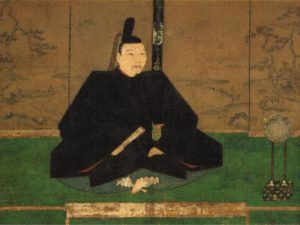
who ruled in the name of the Emperor.
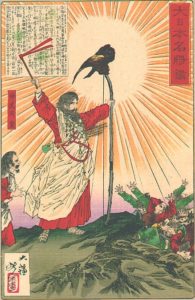
Japan entered into a long period of isolation in the early 17th century, which was ended in 1853 when a United States fleet pressured Japan to open to the West.
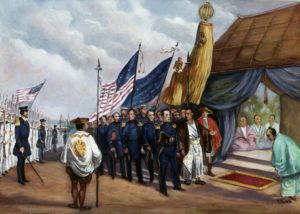
After nearly two decades of internal conflict and insurrection, the Imperial Court regained its political power in 1868 and the Empire of Japan was established.
In the late 19th and early 20th centuries, victories in several international wars allowed Japan to expand its empire.
Contrary to World War I in which Japan was an ally of the United States and Western Europe, in the Second World War Japan was an aggressor and enemy of the United States and the Allied Powers. World War II, which was very complex and complicated in its causes, came to an end in 1945 following the atomic bombings of Hiroshima and Nagasaki and the Japanese surrender.
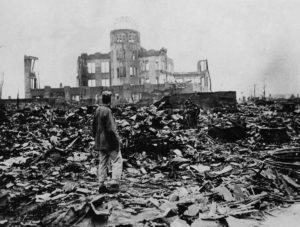
Since adopting its revised constitution on May 3, 1947 Japan has maintained a unitary parliamentary constitutional monarchy with an Emperor and an elected legislature called the National Diet.
Japan has the world’s third-largest economy by commonly used metrics.
